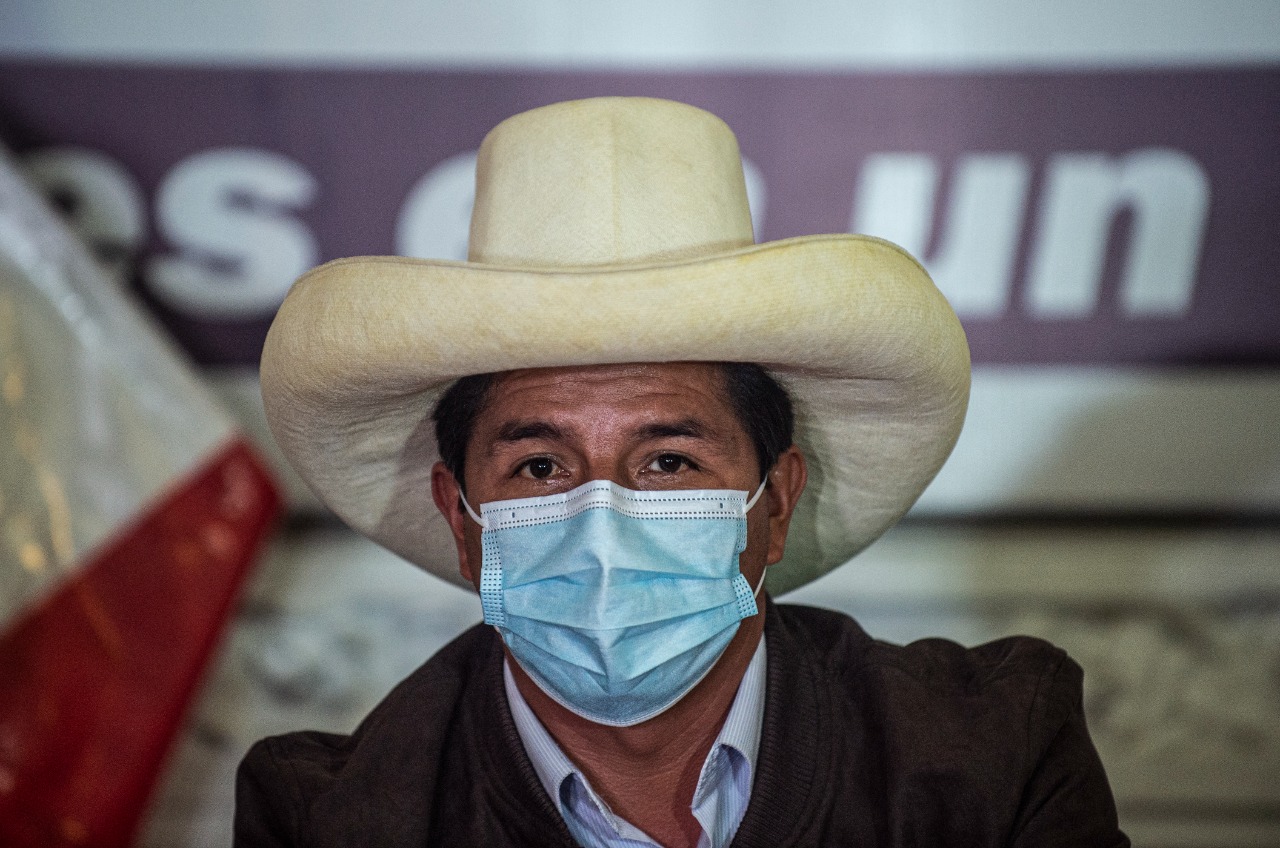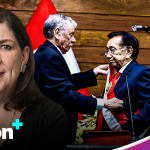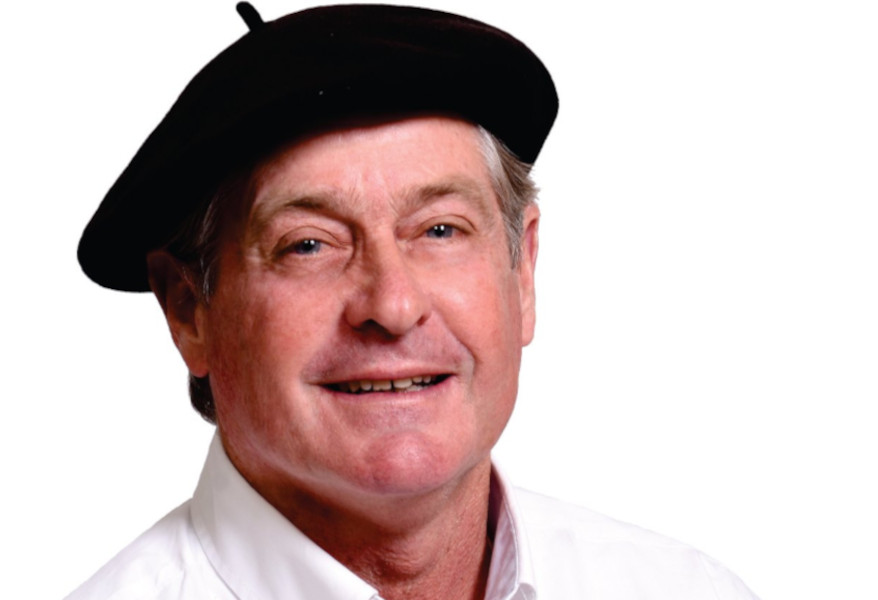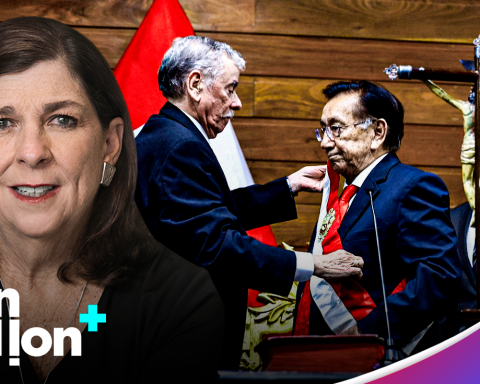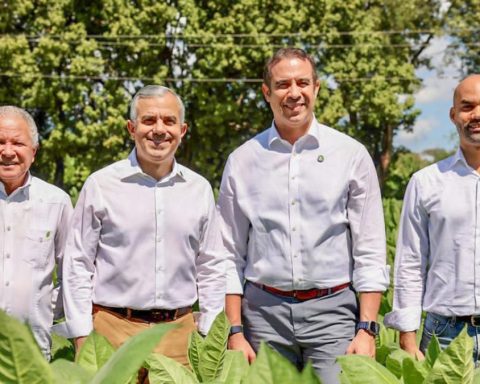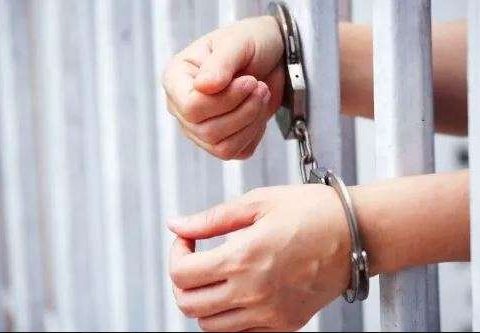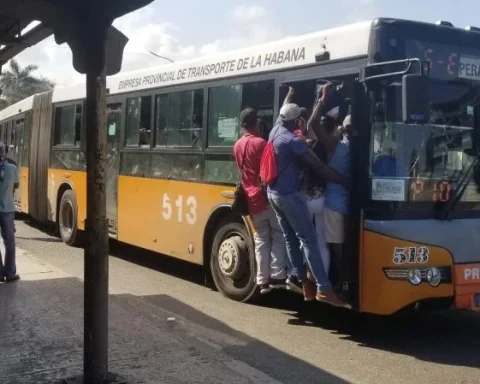The Peruvian Government decreed this Monday a curfew that came into force from 2 am, this Tuesday and will last until the middle in the provinces of Lima and Callao in response to the transportation strike that is now a week old.
“The Council of Ministers has approved declaring citizen immobility from 2 in the morning until 11:59 at night on Tuesday, April 5 to protect the fundamental rights of all peoplewhich will not prevent the supply of essential services,” said President Pedro Castillo in a speech minutes before midnight.
Read: Ómicron: New subtype of the variant detected in China
It also decreed a state of emergency in the two cities, “Suspending the constitutional rights related to freedom and personal security, the inviolability of the home and freedom of assembly and movement.”
The stoppage of carriers responds to the increase in fuel prices, before which the Peruvian Executive decided to exempt gasoline and diesel from the selective consumption tax until next June.
The head of state justified the measures taken due to the “acts of violence that some groups have wanted to create” with the blockade of free transit in Lima and Callao, which has created “insecurity and anxiety.”
In that sense, Castillo did “a call to calm, to serenity” and clarified that social protest is a constitutional right, but that it must be done “within the framework of the law, respecting the integrity of people, as well as public and private property.”
“It is in difficult circumstances where it is necessary to see the active role of the State, we will do everything that corresponds, we will do everything possible (and) that is within our reach to give and help our population,” said the president.
During the protest of the carriers, and to which other unions of workers have joined, they have died four people, due to circumstances arising from the blockades.
About twenty people have been arrested for the riots provoked in eleven regions of the country that have presented land transport cuts.
In southern Ica, lThe protesters burned five toll booths on Monday, while in the northern city of Trujillo there were occasional looting in supermarkets and shops, events that replicated the weekend riots in the Andean city of Huancayo.
The president of the Congress, María del Carmen Alva, had invited the president and several ministers to Congress to analyze the measures he had in place to resolve the carriers’ protests, to which the Executive responded with another invitation to the board of directors of Parliament a few hours before.
